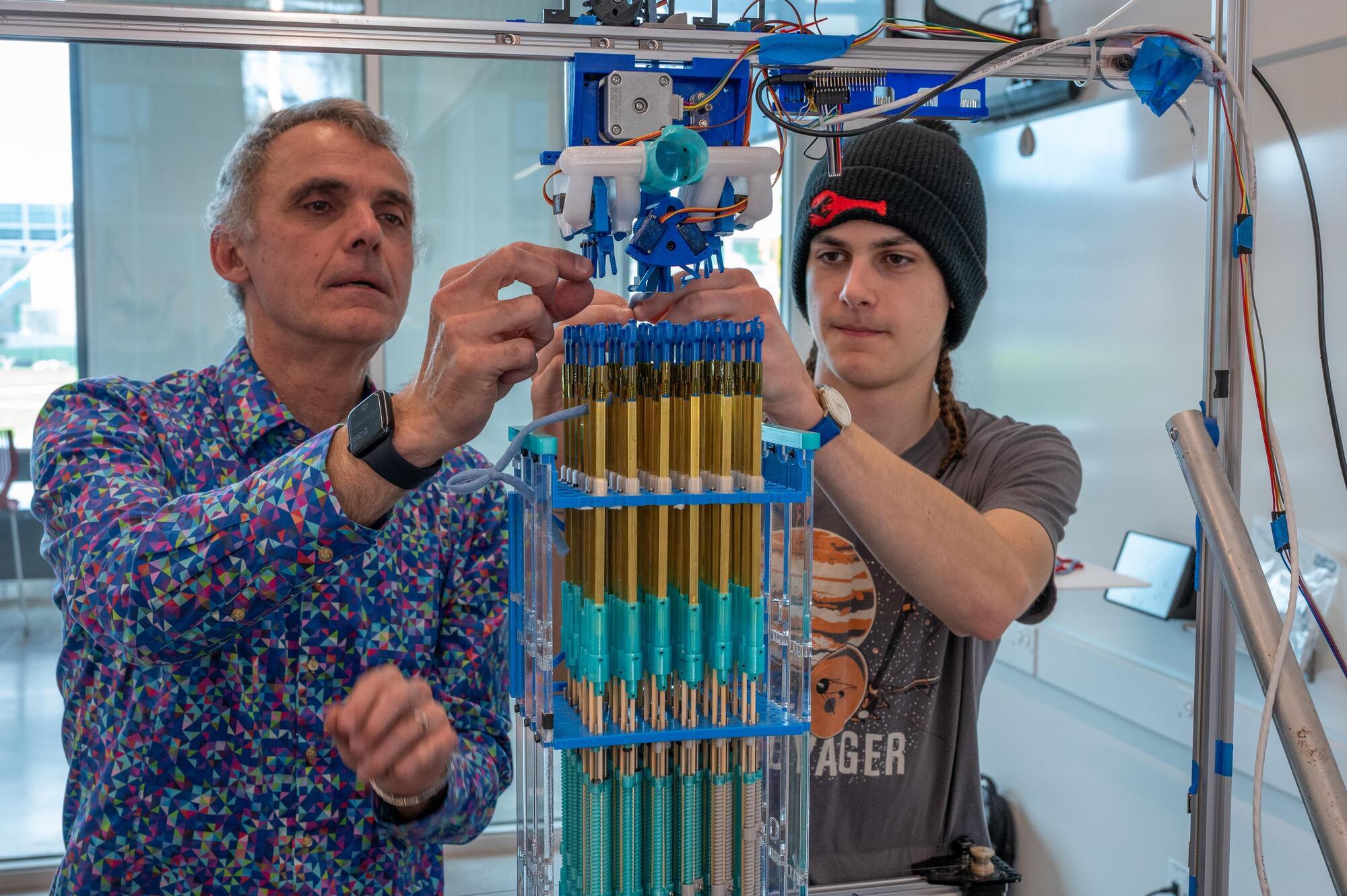Researchers are one step closer to understanding how some plants survive without nitrogen. Their work could eventually reduce the need for artificial fertilizer in crops such as wheat, maize, or rice.
“We are one step closer to greener and climate-friendlier food production,” say Kasper Røjkjær Andersen and Simona Radutoiu, both professors of molecular biology at Aarhus University. The findings are published in the journal Nature.
The two researchers led a new study where they discovered an important key to understanding how we can reduce agriculture’s need for artificial fertilizer.









